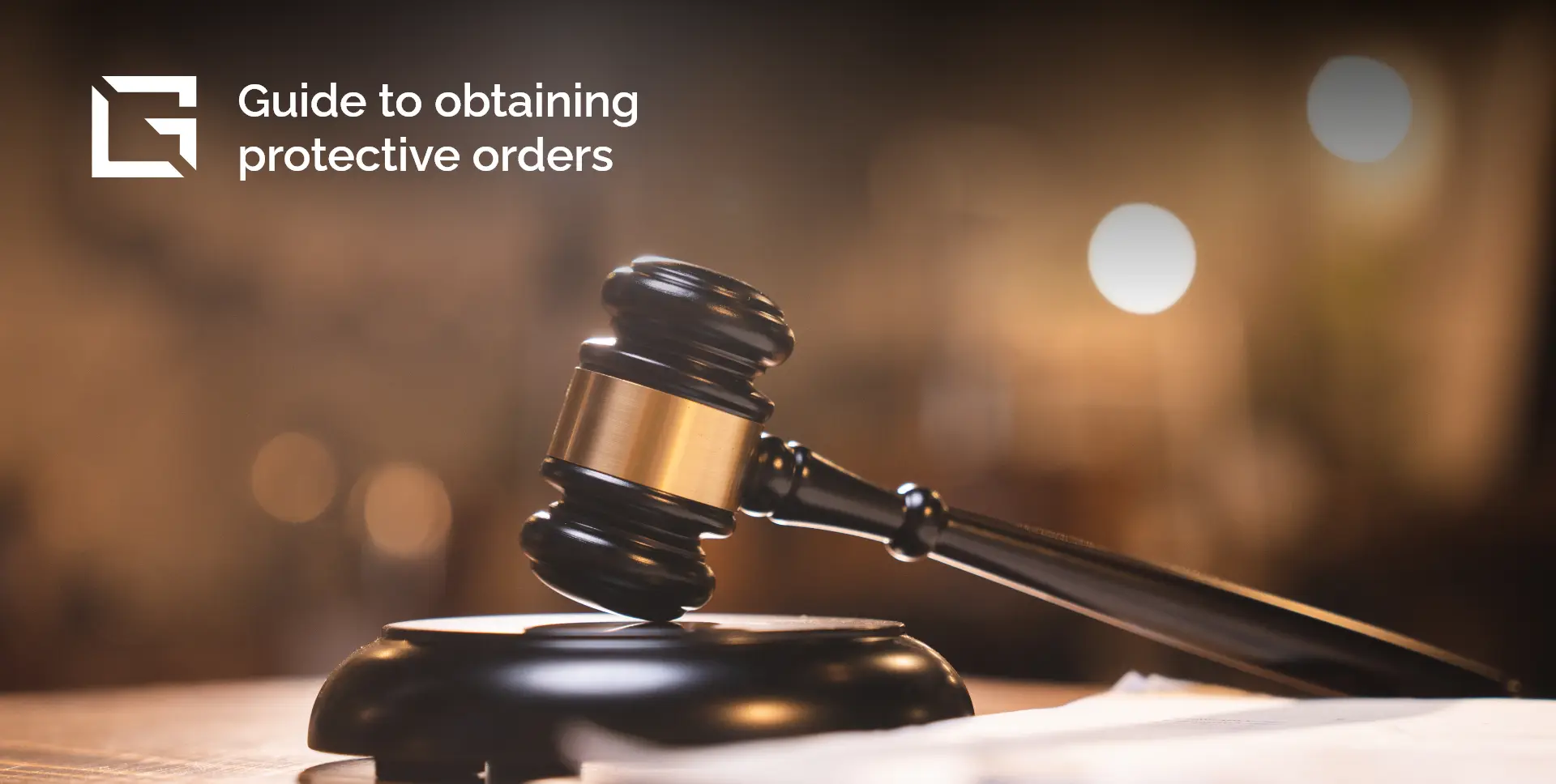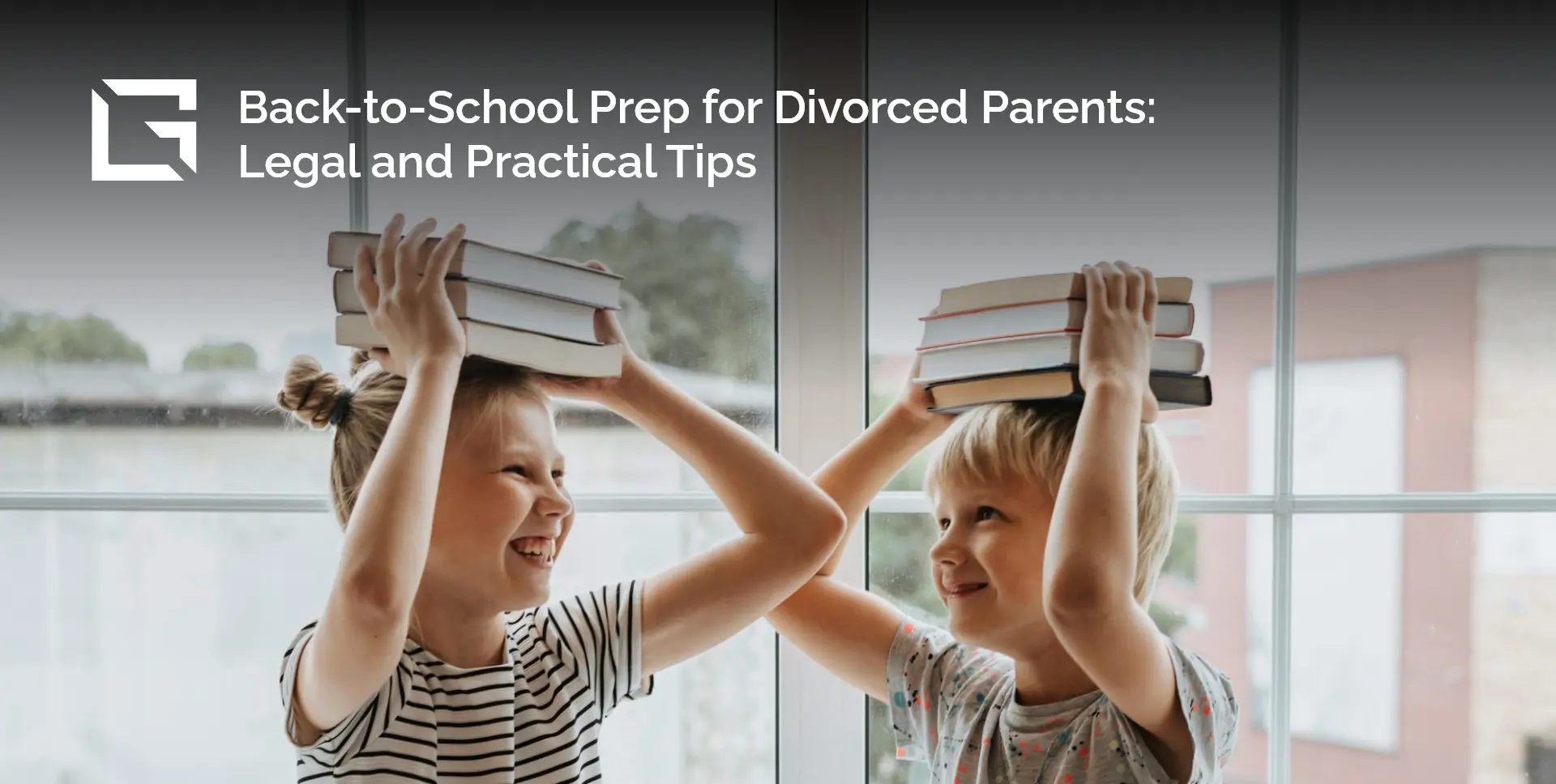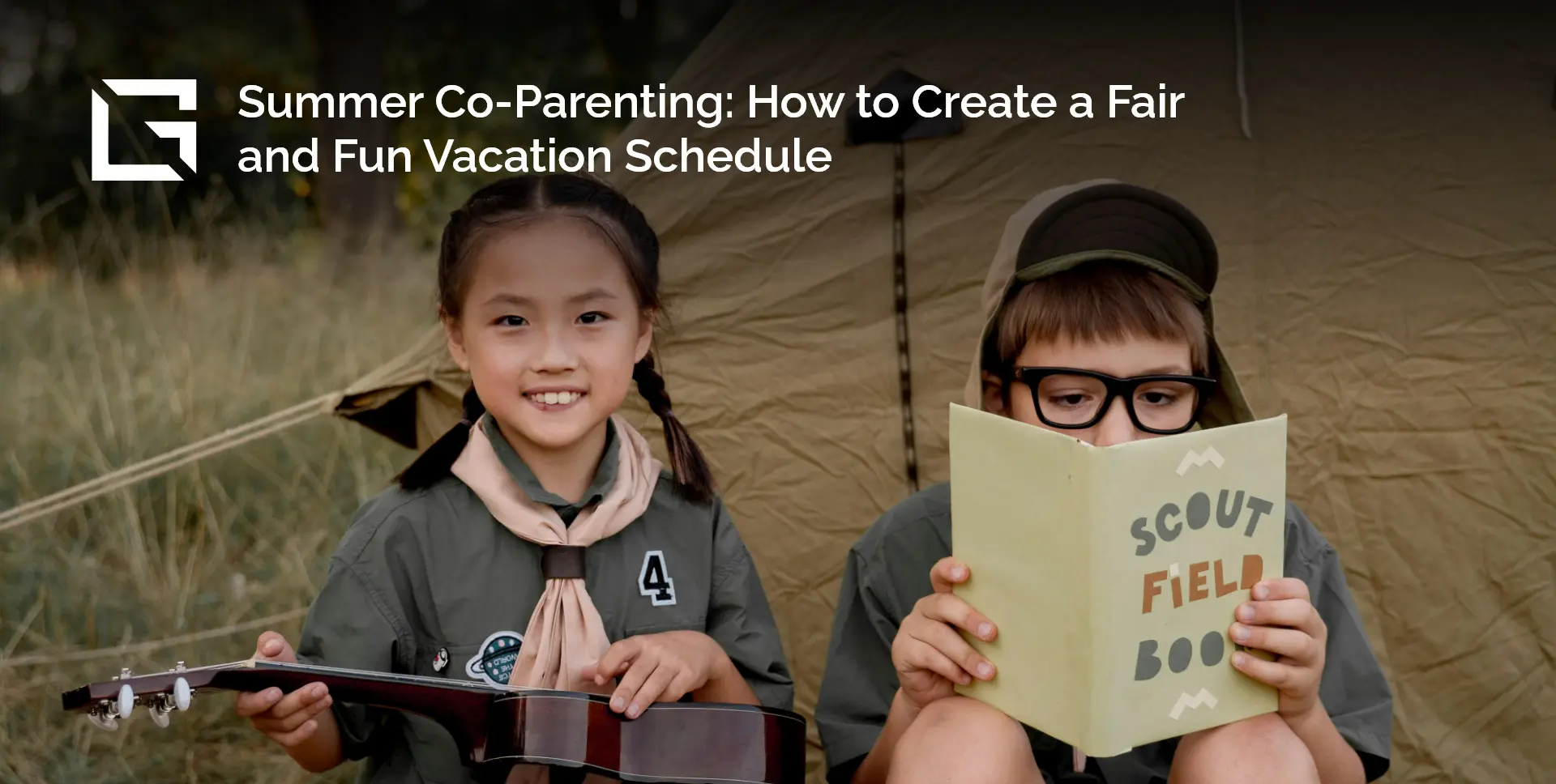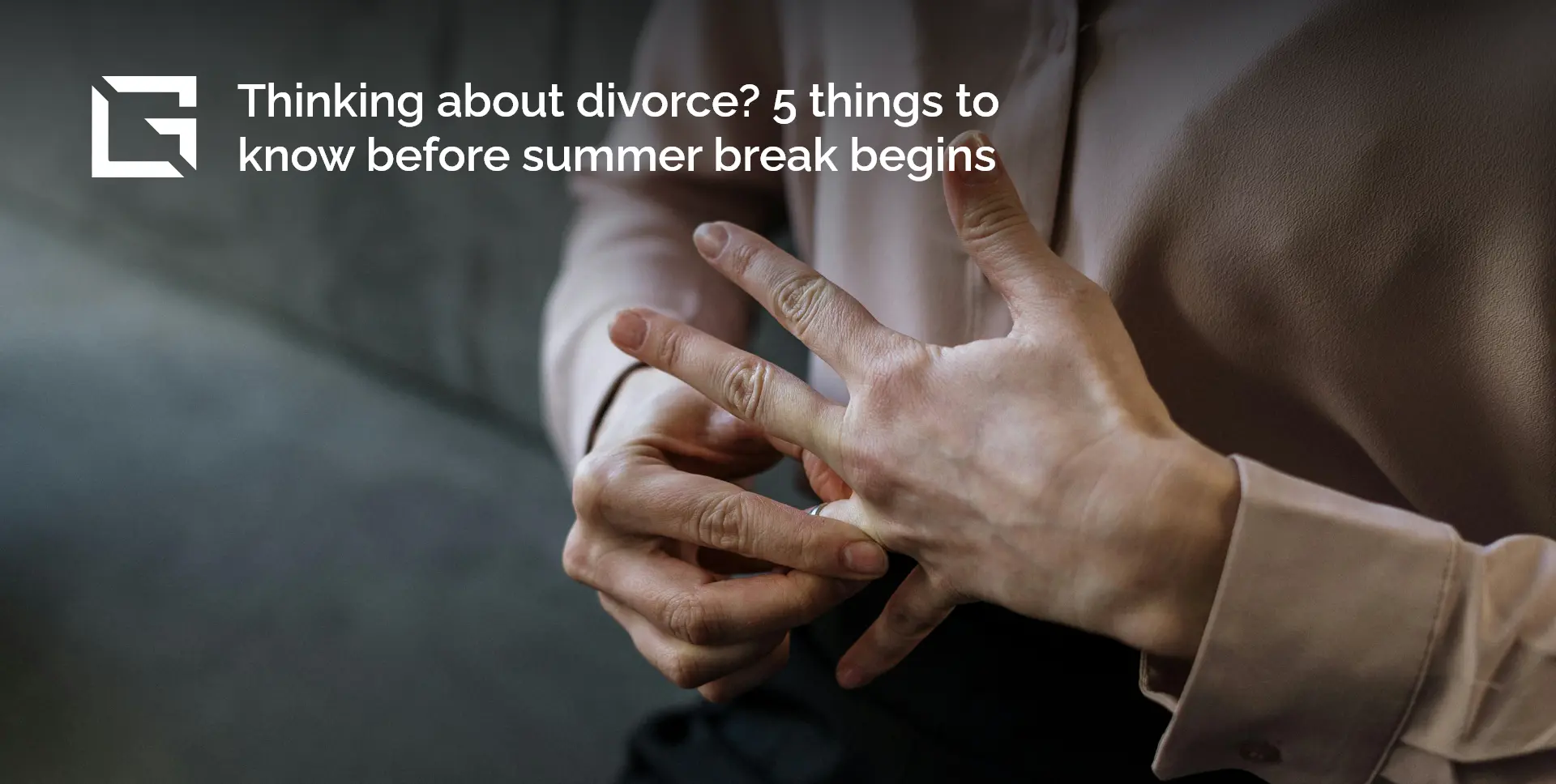Sarah is a 28-year-old woman who has been in a relationship with Mark for the past two years. Initially, everything seemed fine, but over time, Mark’s behavior became increasingly controlling and abusive. He frequently insults Sarah, criticizes her appearance, and monitors her every move. Recently, the situation escalated when Mark physically assaulted Sarah during an argument.
Feeling scared and trapped, Sarah realizes that she needs protection from Mark’s abusive behavior. She fears for her safety and knows that seeking a protective order may be her only option to ensure her well-being. However, Sarah doesn’t know the process of obtaining a protective order, and she also needs emotional support and resources to help her break free from the cycle of abuse.
Seeking a protective order is a crucial step for Sarah to safeguard herself from further harm and regain control of her life. It will provide her with legal protection against Mark’s abusive behavior and empower her to take the necessary steps toward building a safer and healthier future for herself
Are you Sarah or do you know Sarah? Safeguarding yourself from violence and threats is paramount. If you’re facing domestic violence, dating violence, stalking, harassment, or another form of abuse, this guide to obtaining a protective order is exactly what you need.
Understanding Protective Orders
A protective order, also known as a restraining order, is a court order that restricts a specific person (the respondent) from contacting, harassing, threatening, or harming you (the petitioner) or your children. These orders are particularly crucial in situations involving domestic violence, dating violence, or threats thereof.
Types of Protective Orders
- Domestic Violence Protective Order: Protects victims from intimate partners or former partners.
- Dating Violence Protective Order: Protects victims of violence from dating partners who may not necessarily cohabit or be married.
- Workplace Violence Protective Order: Shields victims from violence or threats of violence in the workplace setting.
- Stalking Protective Order: Protects victims from repeated unwanted contact or monitoring that causes fear.
- Child Protective Order: Ensures a child’s safety from abuse or neglect by a parent or guardian.
Temporary vs. Permanent Protective Orders:
- Temporary Protective Order (TPO): A temporary order granted quickly, often without the respondent present, to provide immediate protection until a full court hearing can be held.
- Permanent Protective Order: A long-term order issued after a court hearing where both parties have the opportunity to present evidence.
The Application Process in Utah
Here’s a breakdown of the steps involved in obtaining a protective order in Utah, It is best that you get an expert protective order attorney like Gibb Law to handle this for you:
Case Evaluation: Gibb Law will begin with a comprehensive assessment of your situation. A case evaluation is important to understand the specifics of your case and recommend the most suitable protective order type. You can reach us to discuss the specifics of your case.
Filing a Petition: You’ll need to file a petition with the appropriate court (district court in Utah). This petition details the reasons for seeking the order, including instances of violence or threats.
Temporary Protective Order: If immediate protection is necessary, a judge can issue a temporary order on the day you file your petition. This order remains in effect until the full court hearing.
Court Hearing: A hearing will be scheduled, typically within two weeks, where both parties can present their cases. Gathering relevant evidence, such as police reports, medical records, and witness testimonies, is crucial.
- Issuance of a Final Protective Order: If the judge finds sufficient evidence of a threat to your safety, a final protective order will be issued, outlining the specific restrictions placed on the abuser.
The Importance of Legal Assistance
Navigating the legal process of obtaining a protective order can be daunting, especially during a challenging time. Protective order attorneys specialize in these situations and understand the legal intricacies involved. At Gibb Law, we can be your advocate, ensuring your rights are protected throughout the process. We will also guide you through each step, from the initial case evaluation to court representation, maximizing your chances of a successful outcome.
Obtaining a protective order is a crucial step toward safeguarding yourself from violence and threats. It empowers you with legal means to prevent further abuse. Remember, you have the right to feel safe. There are resources available to help you on this journey. If you’re located in Utah and considering a protective order, reach out to Gibb Law for legal help and support. Our expertise and support can make a significant difference in securing your safety and peace of mind as we have a successful track record of obtaining both temporary and permanent protective orders for our clients. Feel free to call us or send a message.
Resources and Support in Utah
If you’re experiencing abuse in Utah, you’re not alone. Several resources and support services are available to assist you:
- Utah Domestic Violence Coalition: 1-800-833-SAFE (7233) https://udvc.org/
- Utah Attorney General’s Office – Crime Victims Legal Center: 801-538-7200 (https://attorneygeneral.utah.gov/resources/victim-rights/
Disclaimer: This blog is for informational purposes only and is not legal advice. Please contact us to discuss the specifics of your situation.



